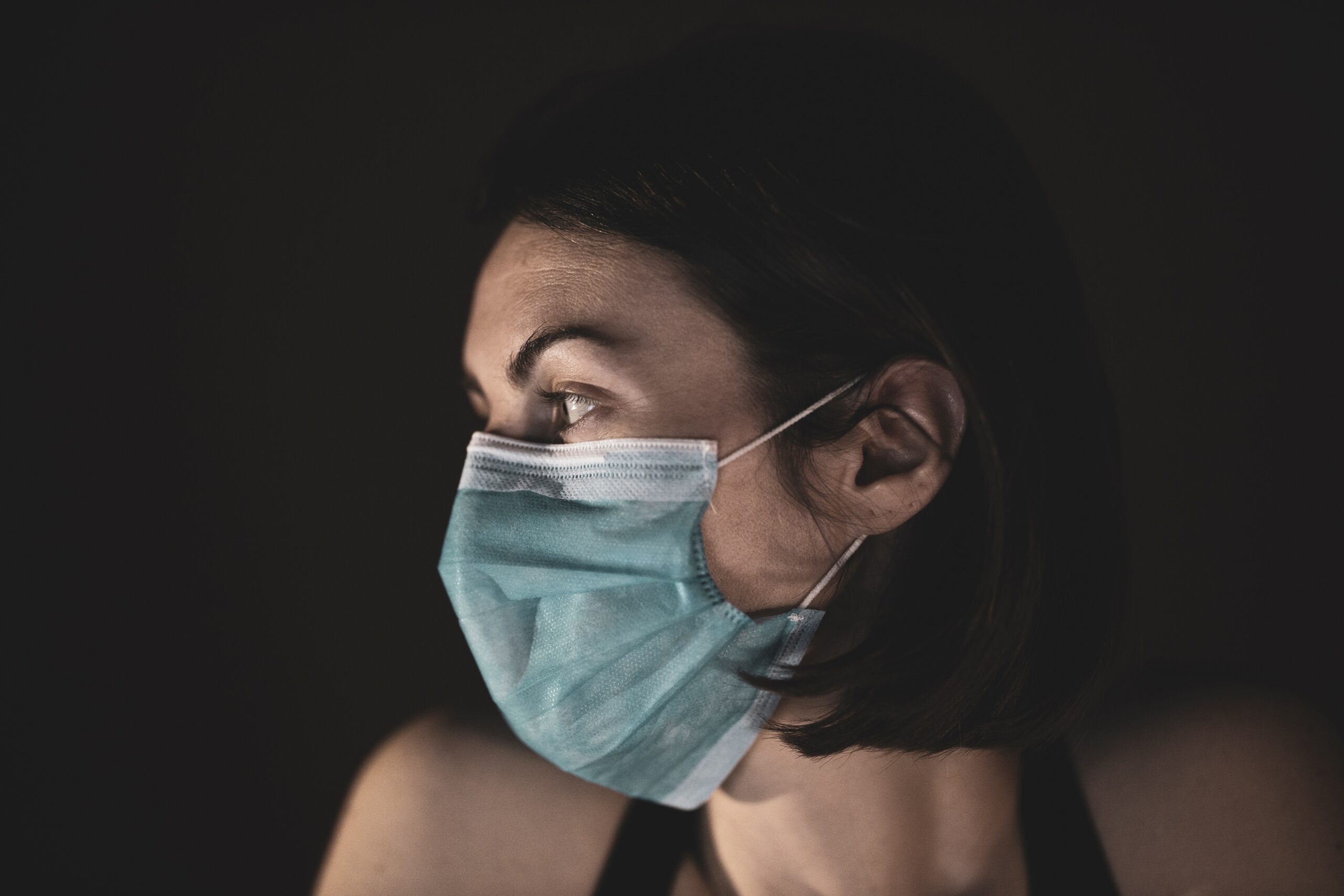What comes to mind when you think about a “traumatic” event?
We tend to assume that trauma is violent, something like a shooting or a car accident. The truth is trauma is much more prevalent in our lives than we might think. There are different types of trauma, and each of us experiences trauma differently.
“Trauma” is the emotional response to a distressing experience. Though the event might not be “big” or “violent,” it matters enough to us that it changes our perspective or worldview. For example, a bad breakup, a divorce, or the loss of a loved one.
The COVID-19 pandemic has been a traumatic event. In fact, authorities call COVID-19 a “mass trauma” or “collective trauma” for its large-scale impact within a condensed time frame.
We have all been touched by the events of the past year. The pandemic turned our world upside down – and I want you to understand that you have experienced “trauma,” even if you did not catch COVID yourself. This is “vicarious” trauma; you witnessed and felt the pain, suffering, and hardship of those around you.
Be mindful of the effects of trauma
The pandemic was (is!) both a physical and emotional trauma. Emotionally, we felt scared, lonely, and out of control. Months in quarantine took their toll, as we were socially isolated. We grieve our loved ones, but also for our former way of life.
And even as we celebrate the vaccine and begin to come out the other side, it’s important to understand that we will continue to face the emotional repercussions. It is OK to have pandemic-related anxiety. Some of us will emerge from this year with post-traumatic stress disorder (PTSD), and that is only to be expected.
Trauma heavily impacts our thoughts and feelings. We can’t ignore it or shove it to the side in the hopes that it will simply go away. As a coach, I know that trauma is an obstacle that we must overcome.
“Healing” is not about forgetting or ignoring our pain, but about moving forward despite it. It’s about learning to live again and make new choices.
How do you respond to a traumatic event?
What are the protective or coping mechanisms that COVID has triggered in you? For some people, COVID has triggered “hyper-vigilance.” This is one of the 10 mental saboteurs that Shirzad Chamine mentions in his book Positive Intelligence. Our “saboteurs” are habits of self-sabotage that hold us back.
If you are hyper-vigilant, you might feel skeptical, cynical, or highly anxious. You doubt yourself and others. As a result, you expect the people around you to mess up. You ask yourself, “When is the other shoe going to drop?” In the wake of COVID, you might be more anxious about going out or being around groups of people. You fear that others have the virus when they cough or sneeze. And if you’ve had COVID, you might feel anxious about ever being sick again.
This constant vigilance is draining. This is no way to live life, and yet, we are only doing what we can to keep our heads above water and protect ourselves from hurting.
If you can identify your defense mechanisms, you can better understand the manifestation of your fear and how to battle it. This is why my coaching program is centered around the power of our choices… choices that are not influenced by the past or a traumatic event. “CHOICE” is an acronym that outlines the steps for self-discovery and confident decision making.
Takeaway
Life throws curveballs, and COVID-19 was one of our biggest curveballs yet. As we move forward in the wake of the pandemic, I hope that you will not only acknowledge the effects of trauma in your life but address it in a healthy way.
Ask yourself, “How will I choose to live my life?” We can break free from the cycle of trauma that compels us to act out of fear. Do you feel ready to embrace change and make choices outside of your trauma? Feel free to reach out today.
Photo by engin akyurt on Unsplash
